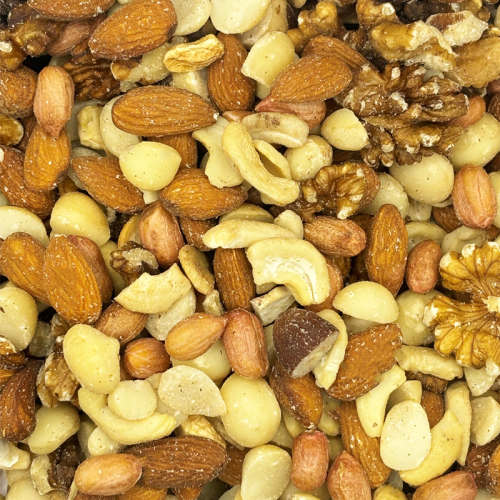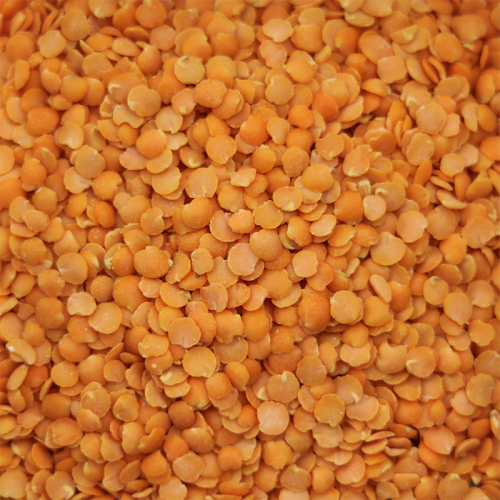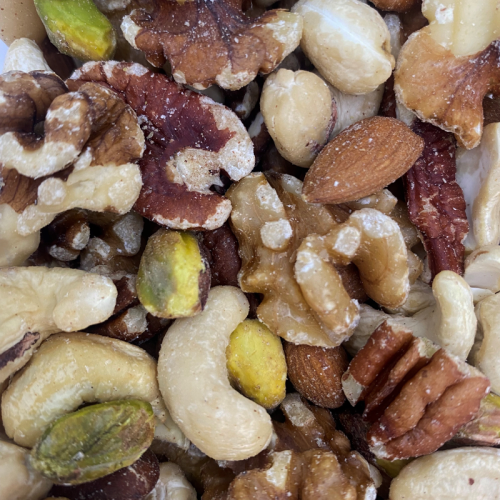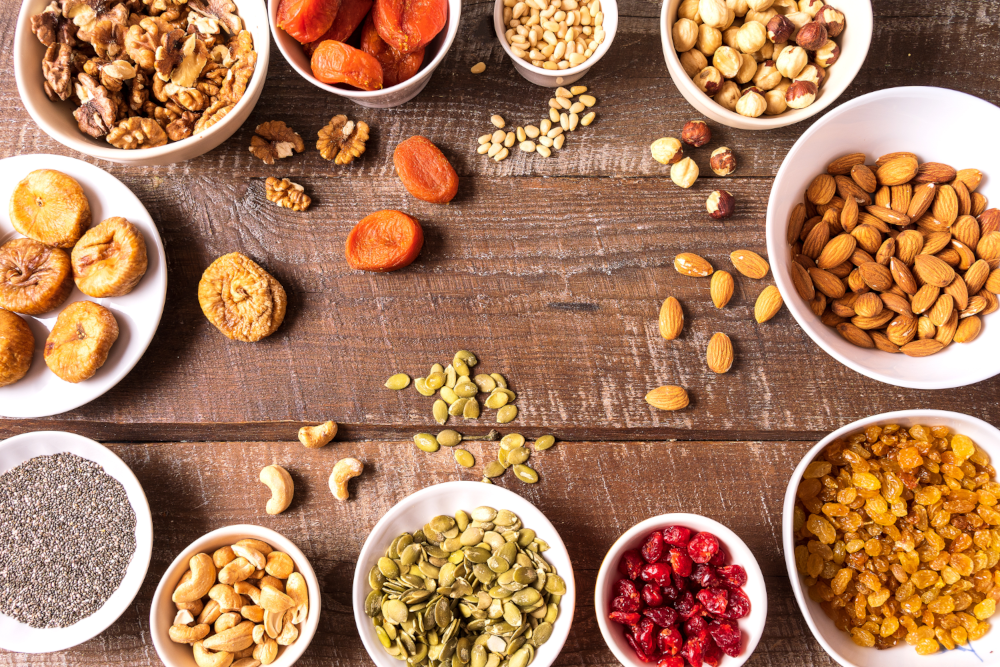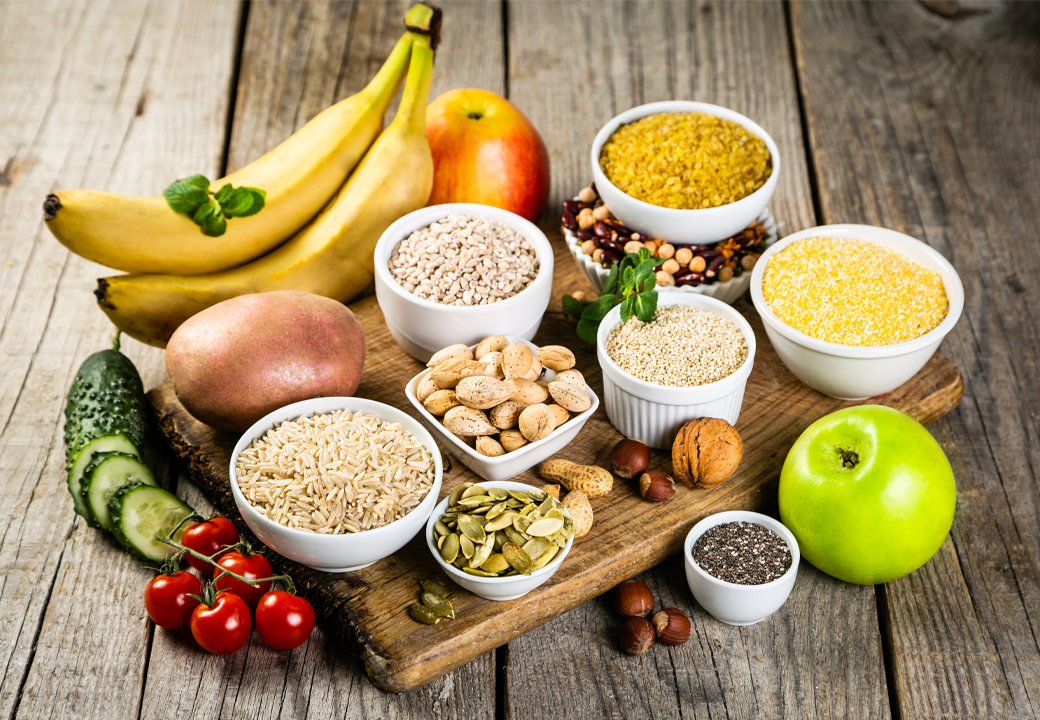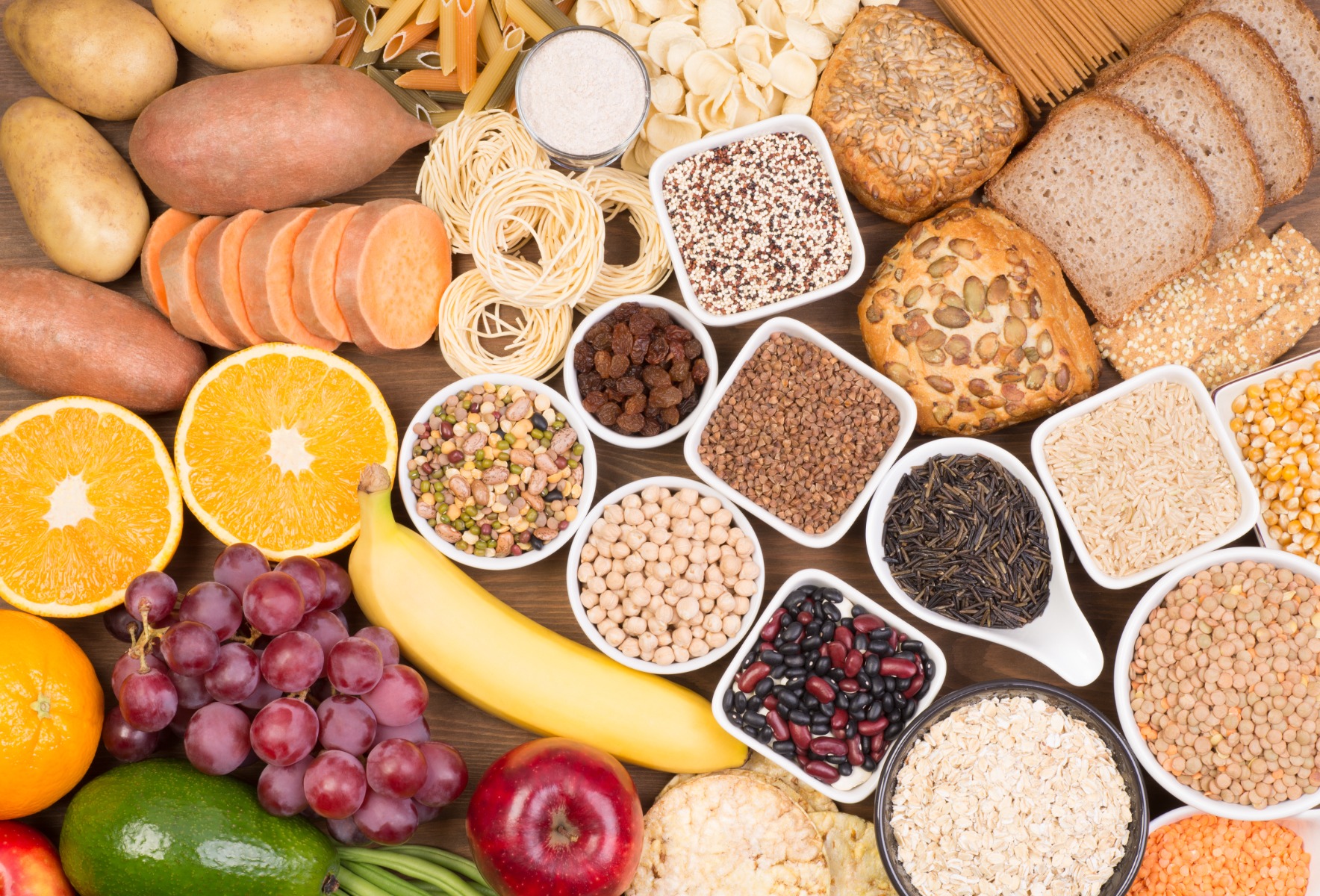
We all know that following a healthy diet is a must to protect our bodies and in particular our hearts. But what about the brain? In recent years it has started to become evident that diet could be as important to our mental health as to our physical well being. And the issue could not be more pressing.
There are 850,000 people with dementia in the UK and with cases occurring at one every three minutes a further 225,000 people will develop the condition this year. One in 6 of those over 80 are sufferers but there are also 40,000 people under 65 with the condition.Research into eating for brain health has been dominated by the MIND diet.
Developed by American scientists it is based on the Mediterranean Diet and one designed to reduce blood pressure called DASH (Dietary Approaches To Stop Hypertension). In research, those who followed it closely cut the risk of developing Alzheimers Disease by more than 50 per cent. Even or those who followed it only moderately it still had a significant impact. Another study showed that MIND could cut the effects of ageing on the brain.
So what are the key factors in these diets? The Mediterranean Diet involves at least five a day of fruit and vegetables, lots of whole grains, pulses, nuts, olive oil every day and fish at least twice a week. It has established links with lower levels of stroke, type 2 diabetes and cardiovascular disease.
MIND lists ten brain-healthy foods including vegetables and whole grains, nuts, beans, berries, poultry, fish, olive oil and wine (in moderation). In terms of nutrition, the brain is extremely demanding. Although it accounts for just two per cent of bodyweight it uses twenty per cent of the body's energy. It is said to require over 40 different nutrients and just how it uses this complex of fats, vitamins, minerals and antioxidants to stay fit is still causing headaches for scientists.
The nutrients that have been highlighted as important to brain health include:
Carbohydrates: The brain runs on glucose which is converted from carbohydrates. So eating enough carbs of the right kind is vital.
B Vitamins: B6 is essential for the production of neurotransmitters such as serotonin and dopamine. B12 and Folic Acid control the levels of homocysteine in the brain, a substance associated with Alzheimers Disease. Antioxidants: The brain is particularly vulnerable to the oxidation, the process in which free radicals attack cells. It, therefore, needs antioxidants like Vitamin E and C. Minerals: Magnesium, zinc, copper, iron, selenium, manganese and potassium all have a role to play in keeping the brain healthy.
Omega 3s: Over ten per cent of the brain is fat and cells with most fat appear to communicate best. The 'good fats' are called essential fatty acids because the body cannot make them. The plant-based form is alpha-linoleic acid (ALA).
So what are the key plant-based brain foods at Grape Tree?
Wholegrains
Grains provide carbohydrates in a form (low on the glycaemic index) that releases energy slowly into the body. But they are also packed with vital fibre, antioxidants including Vitamin E, minerals and protein. As well as their impact on the brain research has shown that eating whole grains can dramatically reduce the risk of heart disease. The MIND diet includes three servings of whole grains a day. At Grape Tree choice includes quinoa, oats, millet, bulgur, buckwheat, bulgur and teff.
Lentils
One cup of the cooked beans supplies 90 per cent of an adult's requirement for Folic Acid as well as a fifth of the daily B6 requirement. Then there is almost half the manganese and a quarter of that zinc need.
Nuts
The Mediterranean Diet involves nuts every day and MIND lists them at least five days a week. Almonds and hazelnuts are both rich in Vitamin E and magnesium. Almonds also have folic acid and hazelnuts can add manganese. The only nuts with a significant amount of Omega 3s are walnuts but they also have magnesium and manganese as well as many other benefits (see page 9). When it comes to selenium the best food source of all is a Brazil. Just two nuts a day give you all of that mineral you need and are also rich in magnesium and copper. Pecans have manganese and copper. Cashews are rich in copper and also have magnesium, manganese and zinc. Peanuts (not technically a nut) are excellent for manganese and also have magnesium, folate and vitamin E.
Seeds
A handful of sunflower seeds contains over 80 per cent of your daily requirement for Vitamin E plus vitamin B6, folic acid, magnesium manganese and selenium. Pumpkin seeds are one of the best food sources of tryptophan that is converted into serotonin a shortage of which has now been linked with memory impairment. They also have zinc and contain Vitamin E in five different forms. Linseed and chia are among the richest plant sources of ALA Omega 3s and are also both rich in magnesium and selenium. A quarter cup of sesame seeds contains around a third of your daily requirement for manganese and magnesium and a quarter of your zinc and selenium.
